Doris Willig, MD, Award
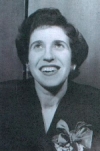
About the Doris Willig, MD, Award
The Doris Willig, MD, Award was endowed in 2009 by the adult children of Dr. Doris Willig in order to support education and research related to the mental health of girls during early childhood development. This internal fellowship is granted annually on a competitive basis to awardees who are graduate students in the Drexel community. Applications for the next award will be available soon. For more information about Dr Willig, please see her full bio and view treasured photos of her life's journey below.
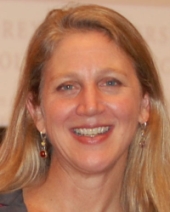
2011 Lecture - Lise Eliot
Dr. Lise Eliot delivered the Doris Willig, MD, lecture at the 2011 Sex and Gender Research Forum. Her presentation focused on the origins of perceived neurobiological sex differences, a true area of passion for Dr. Willig. The careful rigor and remarkable breadth of Dr. Eliot's research reflect the persistence with which Doris Willig continually expanded the boundaries of the field.
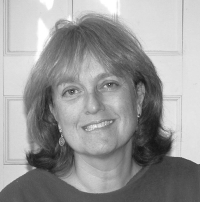
2010 Lecture - Nan Stein
Nan Stein, a senior research scientist at Wellesley Centers for Women, presented the first Doris Willig, MD, lecture at the 2010 Sex and Gender Research Forum.
2009 Award - Aditi Falnikar
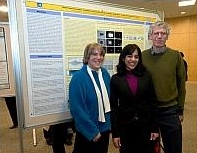
Aditi Falnikar was presented with the first Doris Willig, MD, Award in 2009. Her research on the role of abnormal microtubule severing, transport and sliding during neuronal migration on the development of autism earned her the distinction of best graduate student poster presenter at the 2009 Sex and Gender Research Forum.
About Doris Willig, MD (1912–2004)
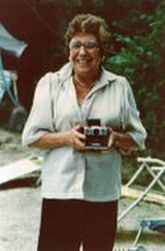
Doris Willig was born in Philadelphia and raised in the Wynnfield section of the city. She was the oldest of three children (only daughter) born to a Philadelphia attorney and his wife. Between the ages of 10 and 15, Doris won awards for her piano playing, was involved in presenting play readings, and danced at a concert given at the Metropolitan Opera House of Philadelphia on Broad and Popular Streets.
In 1929, at the age of 16, Doris Willig graduated from Philadelphia High School for Girls and then attended the University of Pennsylvania where she majored in Zoology. Doris graduated cum laude at age 23 from the Woman's Medical College in June 1936. At that time, she was the youngest student ever who had graduated from the oldest medical college for women in the United States. Dr. Willig interned at Albert Einstein Medical Center, and in 1938 she began a practice of general medicine, obstetrics, and gynecology in Wynnfield. Sometimes she treated three generations within a family, and she even delivered her own future daughter‐in‐law! Ten years later, Dr. Willig decided to transition from general medicine into adult psychiatry. She became a resident at the Philadelphia Psychiatric Center, and then did a fellowship in child psychiatry at the Institute of Pennsylvania Hospital‐Child Study Center.

Between 1952 and 1971 Dr. Willig led a busy center city psychiatric practice; she was on the staff of the Philadelphia Psychiatric Center and Graduate Hospital and was a psychiatric consultant for The Association for Jewish Children (Jewish Family and Children's Services). For ten years she was on the faculty at Jefferson Medical College, prior to moving to Miami in 1972 where she became a staff psychiatrist at the Veteran's Administration Hospital. Dr. Willig was clinical professor of psychiatry at the University of Miami Medical School. Other accomplishments during this period include becoming vice president of the South Florida Psychiatric Society and being elected the federal "physician of the year" for her outstanding service. In 1983 she returned to Philadelphia, and work briefly for the J.F.K. Community Mental Health and as a psychiatric consultant to HealthPass.

While fulfilling her many professional commitments, Dr. Willig found time to give lunchtime concerts with her chamber music group, "The Leisure Time Quartet." Upon retirement, she devoted much of her time to the arts and social activist causes.
Dr. Willig was a pioneer of the women's movement, demonstrating through quiet accomplishment that there is no area of activity in which a woman couldn't compete on an equal basis with men.
Back to Top